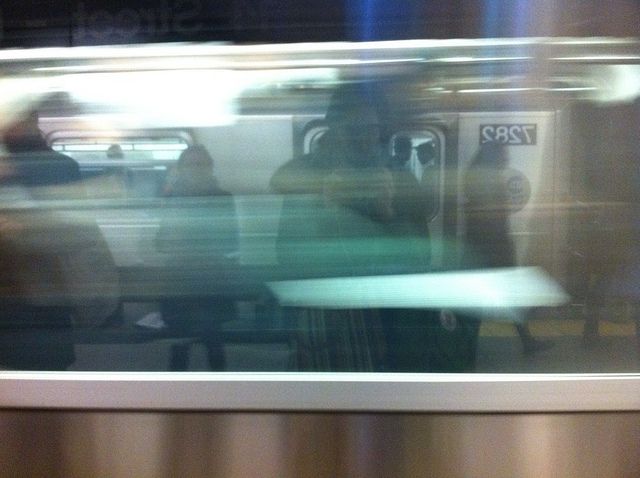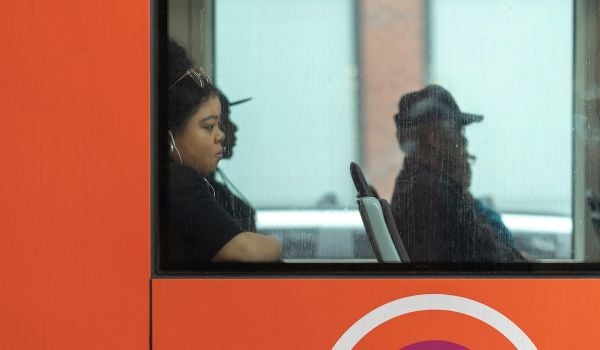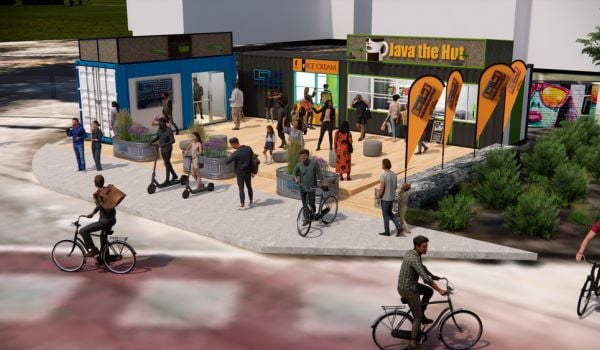The Stop Online Piracy Act was a bill with bipartisan support introduced into Congress in October 2011. What seemed like a well-meaning attempt “to promote prosperity, creativity, entrepreneurship, and innovation by combating the theft of U.S. property” was later deemed a major threat to the Internet community. By January 18, 2012 major Internet organizations such Wikipedia, Reddit and 7,000 smaller sites lobbied the public (and legislators) to stop SOPA and created a one-day black-out of their content. SOPA died an early death.
I asked friends what the transportation advocacy movement could learn from this incredibly successful campaign to defeat a piece of legislation. Many said “nothing,” others said, “good question,” but one person said “create something that hundreds of millions of people use every day.” That struck me as funny. The thing is: millions of Americans use public transportation every day, particularly in our country’s largest cities. New York’s Penn Station serves 1,000 people every 90 seconds. While it’s true that New York is the only American city where less than half the population owns cars, a sizable portion of the American population relies on public transportation. Could America’s greatest cities survive without their transportation systems? It’s not just people that rely on transit. More than an Internet blackout, transportation stoppages have the power to completely screw up travel, business, food distribution and dozens of other aspects of daily life. Remember the Icelandic ash cloud of 2010? That cancelled more than 60,000 flights and cost the European Union more than $3 billion in lost business.
So why hasn’t the transportation community rallied around defeating H.R. 7, the new and completely devastating House transportation bill? Why has it failed to organize all the people who live in cities and depend on the occasional bus or subway ride?
As Next American City’s partners Greater Greater Washington and The Transport Politic have reported here and here, H.R. 7 is worth fighting for the way it dismantles decades of investment in transit infrastructure. But aside from calling our representatives, what else can we do? So far the answer has been to settle for the Senate’s paltry improvement over this bill, with its ridiculously titled “Moving Ahead for Progress in the 21st Century” bill. Are we happy with that bill or just happy to get something passed?
Isn’t it time to take on new tactics? So far, the transit advocacy realm has relied upon phone calls to representatives instead of widespread and mainstream action. What about asking people to refuse to take transit until our transit is properly funded? Maybe that would force transportation authorities to take a stand on this issue and put some skin in the game. What about getting the country’s largest employers like Wal-Mart or the USPS to fight for transportation for their employees? What about having Twitter avatars that say Stop H.R. 7?
The response to the House and Senate bills has been pathetic compared to SOPA. We need transportation just as much as we need the Internet and it’s time to start acting that way.
What are your ideas of what we can do to make more noise around this issue?

Diana Lind is the former executive director and editor in chief of Next City.





_600_350_80_s_c1.jpg)










